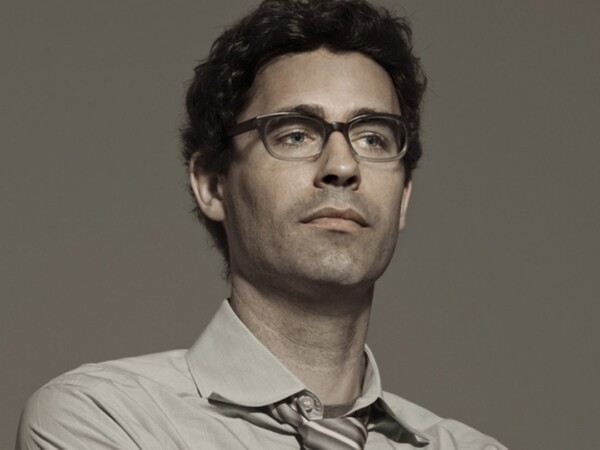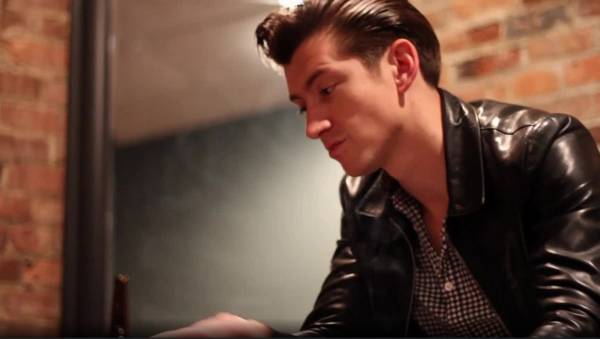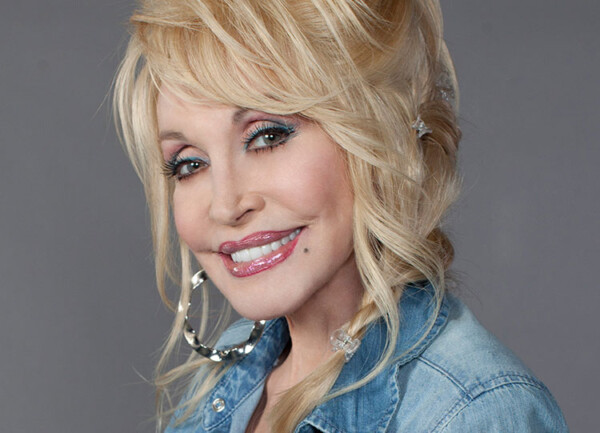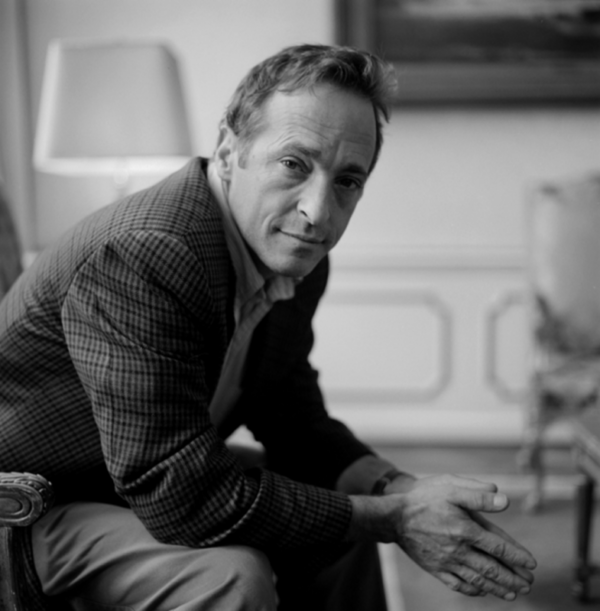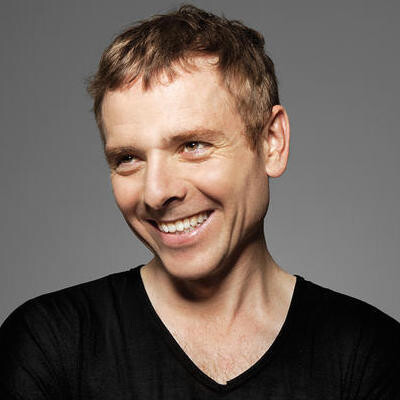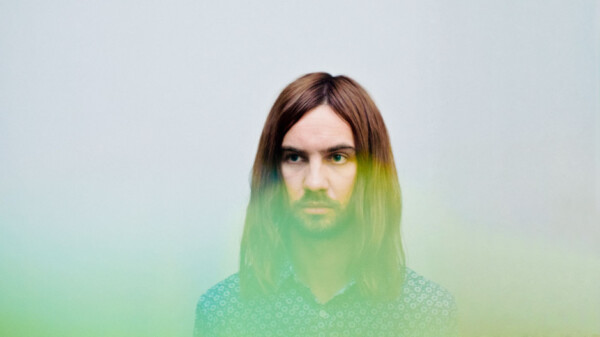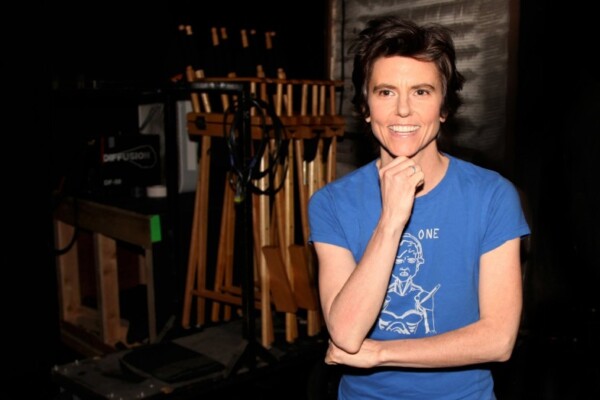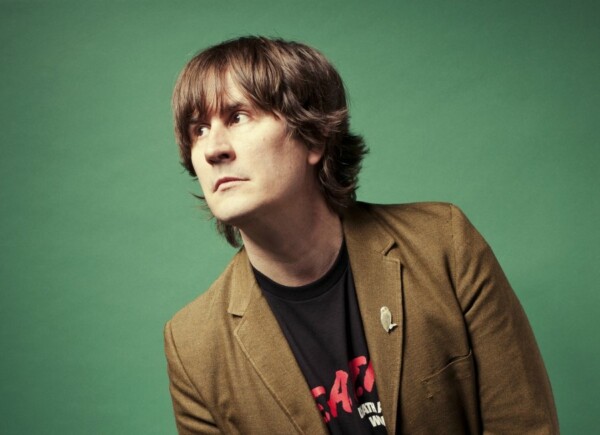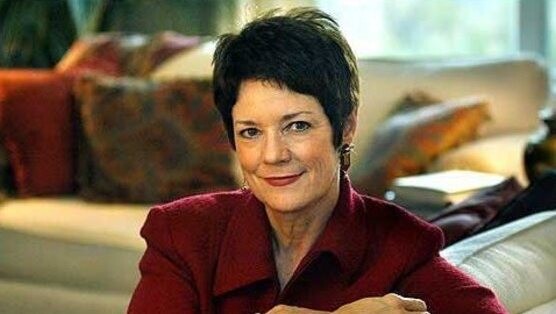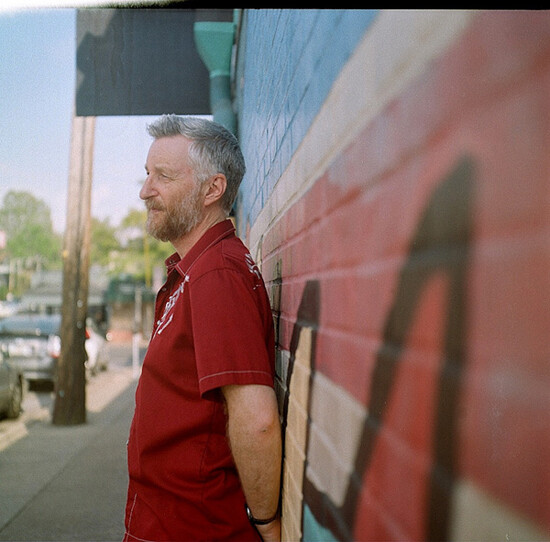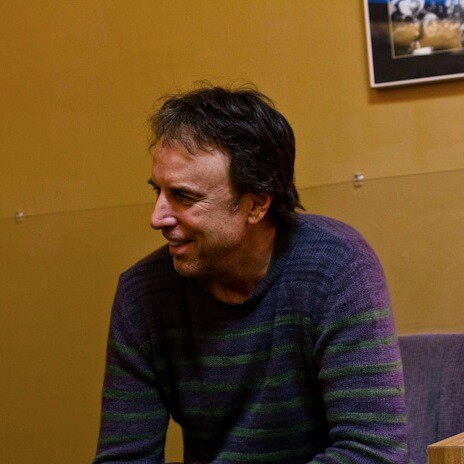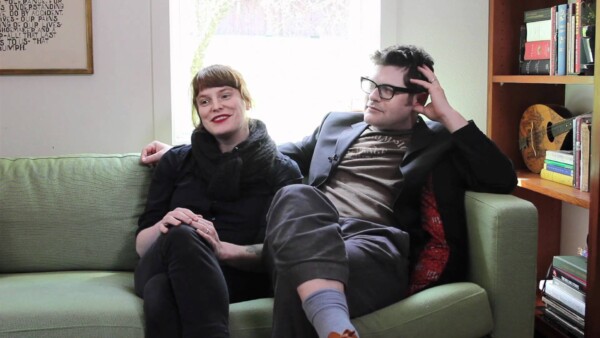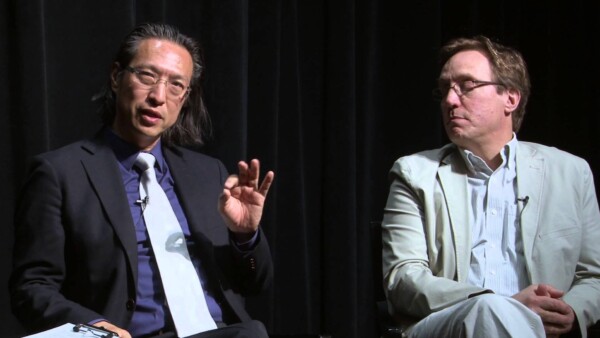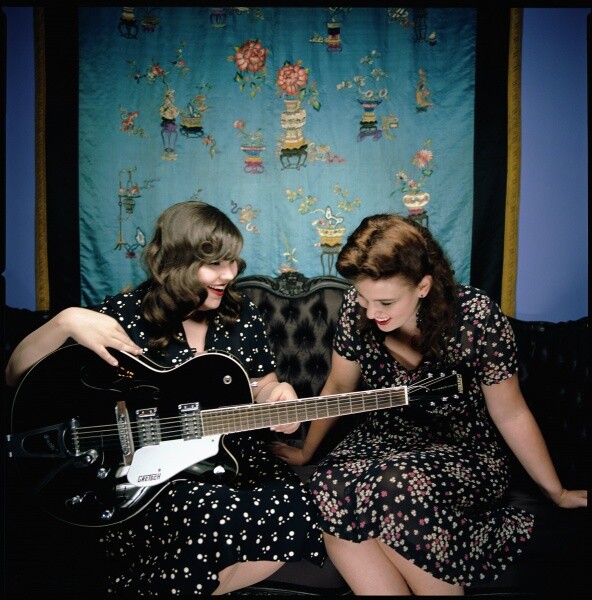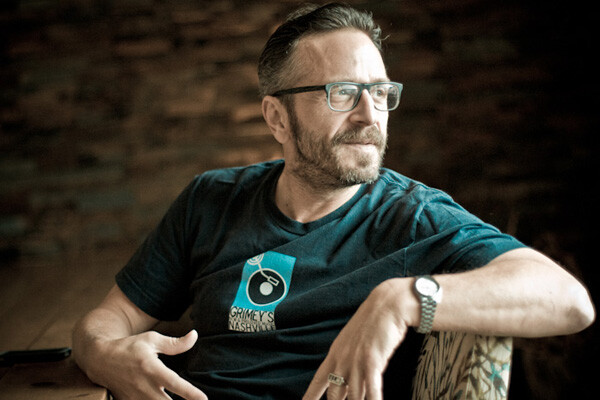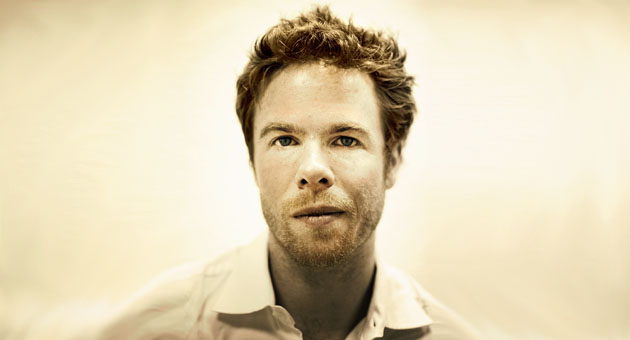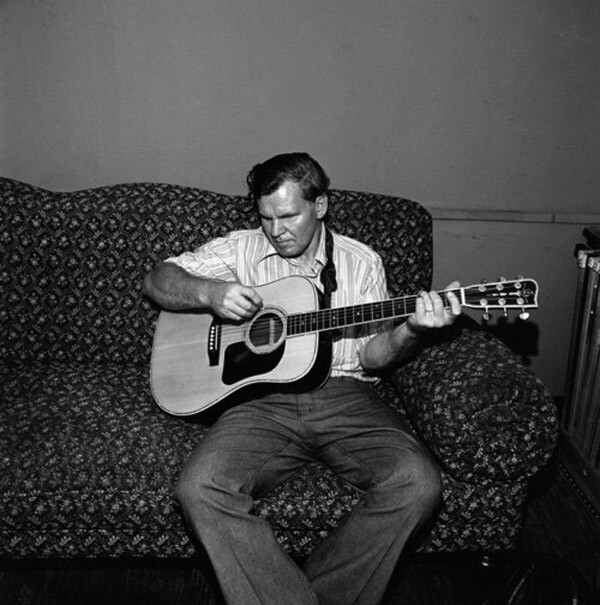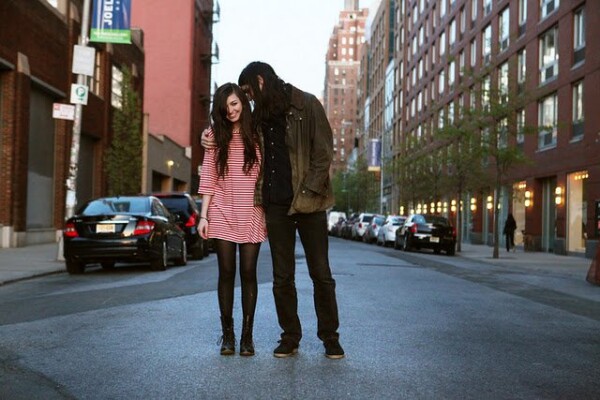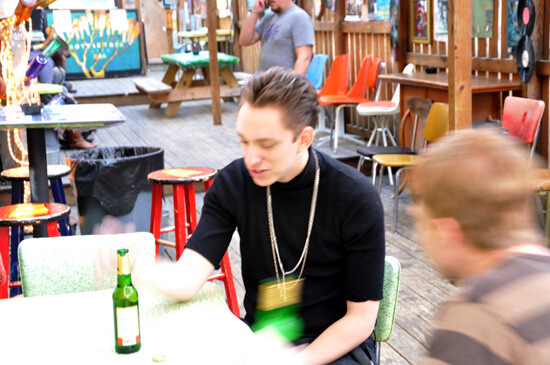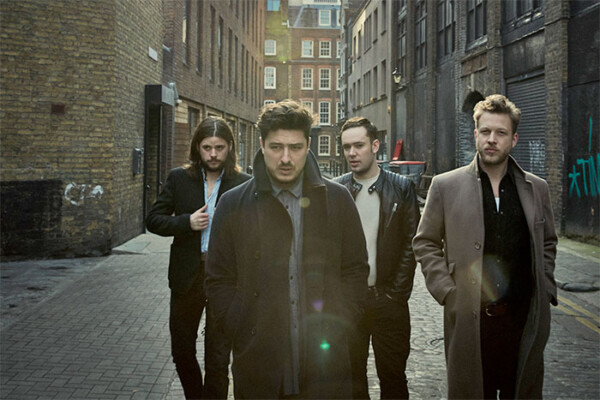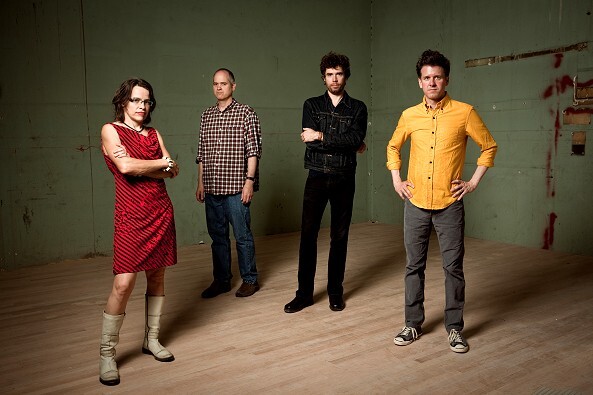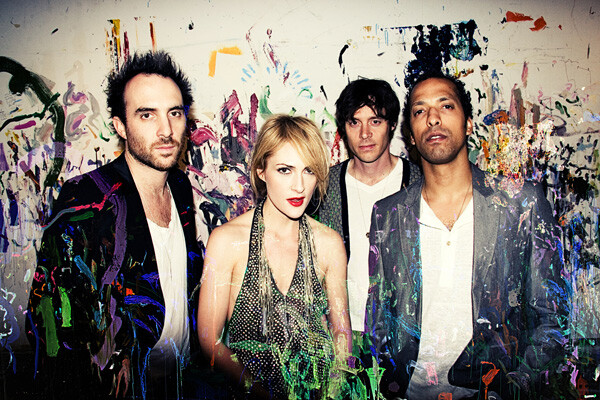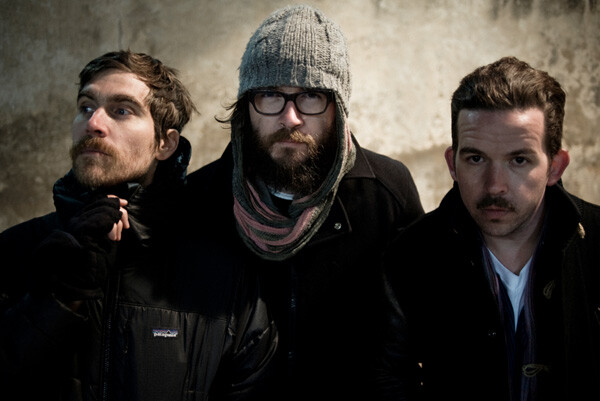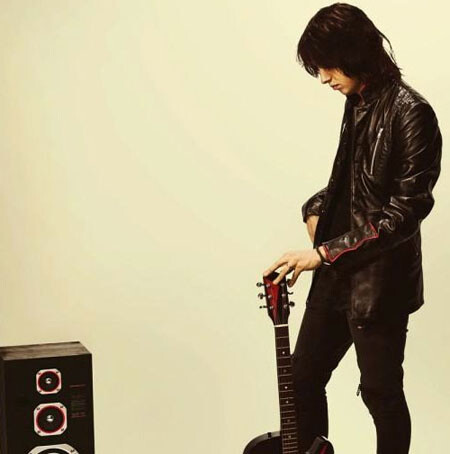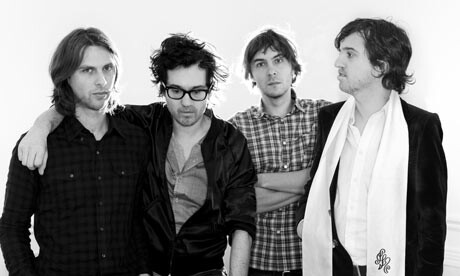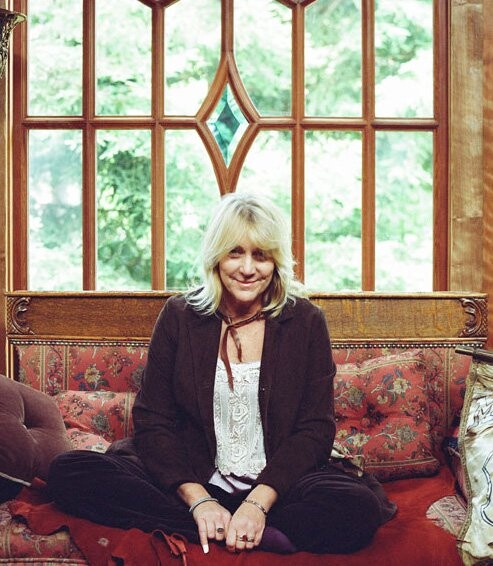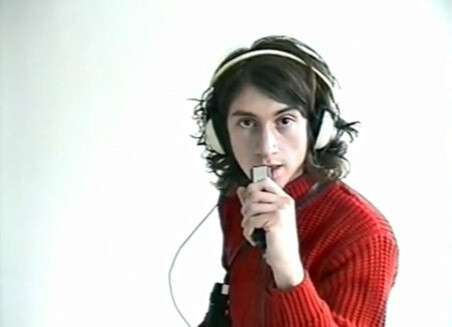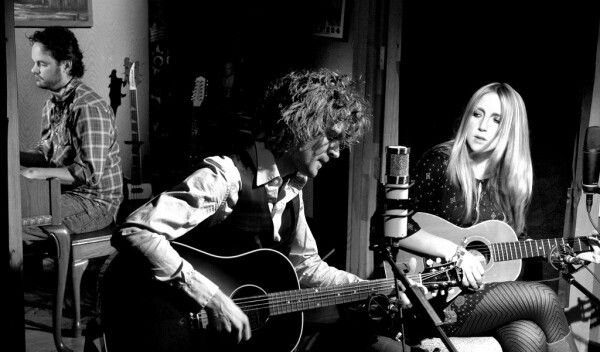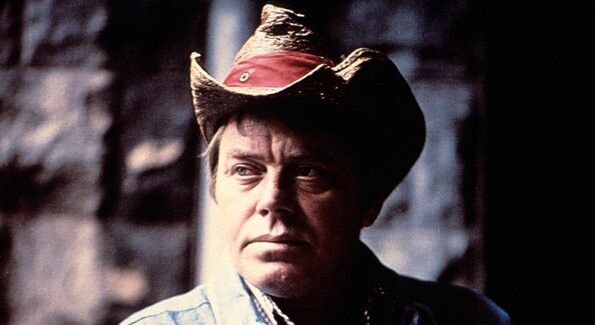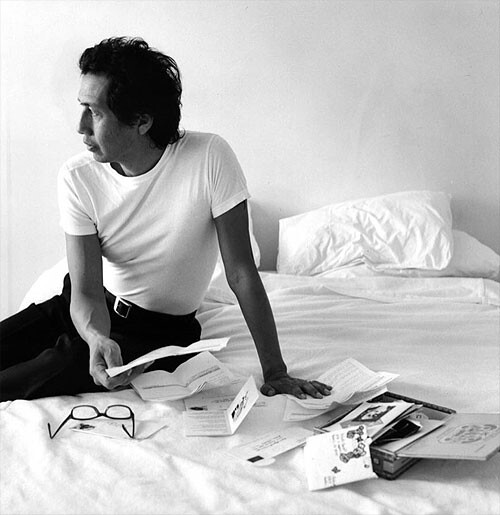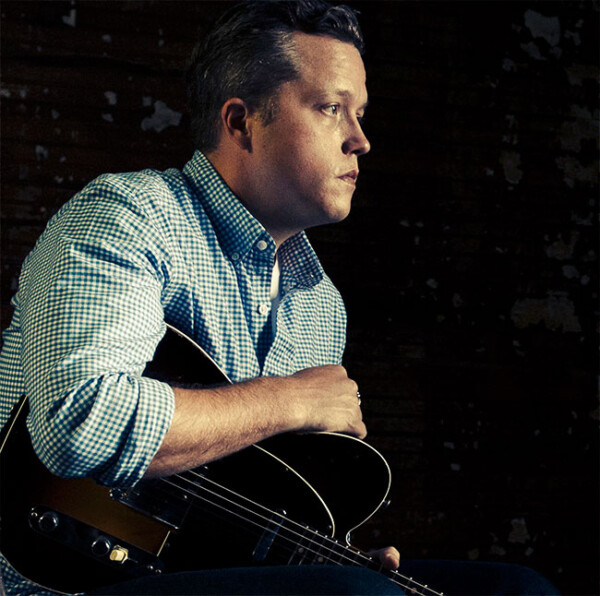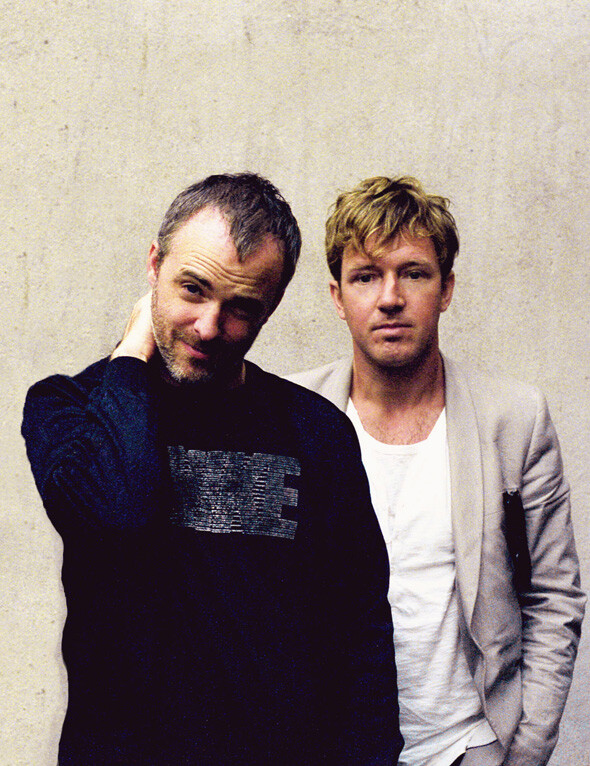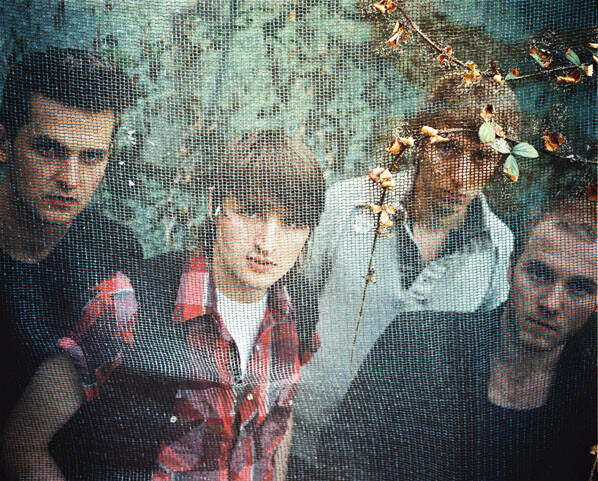Skip Matheny— currently a songwriter in the band Roman Candle and former bartender in a retirement community — recently talked with Madeline Follin and Brian Oblivion of Cults. Their debut LP is out now, on Columbia / In the Name of and is currently making several best-of 2011 lists. This interview took place on their tour bus.
What’s your favorite drink?
Madeline: A shot of Jameson
Brian: You know, it’s weird. It was, for my entire life it’s been Budweiser…
Madeline: Since he was born.
Brian: Since I was 14 or something. But these guys (points to front of bus) have been wearing me down with this whole craft brew thing. So maybe like a Stone IPA or something, I don’t know. I feel like it hurts me to say that. I feel like Budweiser is somewhere crying, like, “we miss you†[laughs].
When you recorded the first few songs that you put online, you all weren’t working with a producer or anyone, right?
Madeline: Yeah for the first part, when we put out those three songs we didn’t have anybody there, really.
How did you all’s writing or arranging process change when you got into a proper studio and started working with other people? Did it stay pretty much the same?
Brian: Yeah, I mean we played all the instruments ourselves and we put all the songs together like, 90% of the way, and then bring them in and have them basically mixed by the guy who co-produced our record, Shane Stoneback. There was this one moment halfway through that we always remember, because we came in super cocky…
Madeline: Even before when we talked about [bringing in an engineer / producer] we were like, ‘Don’t let him touch anything…’
Brian: Yeah, when we talked to him on the phone I was like, “You’re rolling this as an engineer. You’re going to press buttons and record.â€
Madeline: “Don’t even say a word about what needs to be…â€
Brian: Yeah, we’d already achieved a decent amount of success off what we did in our bedrooms so we were like, “We’re just going to keep doing that but you can help us out. You know?†And he was like, “Yeah, totally, no problem.†And then we came in one day when we were mixing, I think it was, ‘You Know What I Mean’2 and we re-called the mix from the last night. And I remember saying, “Did you do anything to this?†And Shane said “No. I didn’t touch anything.†And I was like, “Yes you did, you did something to this.†And he said “No, no,†and looked all scared and I was like — [pauses], “It sounds better than yesterday.†[laughs] And he had just stayed up all night remixing everything. From then on we started having more of a dialogue on working on things together.
If either of you all wake up in the morning and you think ‘I’m going to try to write a song,’ what do you typically do? Sit at a guitar, or a keyboard, go for a coffee? Turn on a computer?
Brian: I don’t know, I usually start the songs, and it’s weird, we were in school when we were writing all the songs that ended up making the record, so we had a lot of time just to sit and be bored in a classroom and just think about stuff. It’s actually kind of bizarre because I got advice, before the record, from Rostam from Vampire Weekend, and it’s this, kind of cliché advice that you hear all the time, but I was like, ‘Dude, how do you keep making the hits?’ And he said, ‘Work first thing when you get up in the morning and right before you go to sleep.’ ‘That’s when you get the best ideas.’ And it’s kind of true. Wake up in the morning and just kind of be laying in bed and just thinking about music and be like, that could be a cool chord and go over. But the main thing is having the drive to actually go pick up a guitar and get it down. Because if you walk home all day whistling a tune, if you go inside, drink a beer, play video games for a second [snaps fingers] – it’s gone. You know what I mean? So the process of making the record was really casual. We were kind of just living our lives.
Madeline: Until the end [laughs] Then we were like [looks panicked] “Aaah aaah,†sitting there trying to write lyrics.
Brian: Yeah in the end it was crazy. But we wrote the last song on the record when I was driving to pick her up Christmas Day. And I was just alone in the car and singing the melody into an iPhone, and I though “This could be cool.†[laughs]
What song was that?
Brian: ‘Bad Things.†That was the last one that we recorded.
Madeline: It’s sort of Christmas-y. [laughs]
Brian: But yeah, so it was mostly just doing the normal thing, you know, living life but having discipline to say ‘Alright, when songs come we’ve got to write them.’
Who are some lyricists that you admire?
Madeline: I’ve never been asked that question before [pauses]. Vampire Weekend? [laughs]
Brian: [laughs] No, no.
Madeline: [sings] “Dad was a shoemaker…â€.
Brian: I think we’re both kind of saps in a way, I don’t know.
Madeline: Yeah, I mean in high school I was all about the Cure. I was like (imitates deep sigh) … “that is so sad.â€
Brian: Or like, Roy Orbison, his nine songs about dreams and crying. Every song is basically the same, but some of them hit so hard. You know what I mean?
Madeline: Yeah, Roy Orbison’s great.
Brian: Some people just put it out there every time…
Madeline: [sings] “I was alright…â€
Brian: … and there’s just magic every now and again, you know? I think that just because a song sounds cliché doesn’t mean it can’t be awesome.
Madeline: Yeah, any sappy, sappy – like Cure, Roy Orbison, Leslie Gore.
Brian: Yeah, and I like all the more intellectual songwriters like, Brian Eno or David Byrne – I like it, but it’s just…
Madeline: Yeah, half the time you have no idea what he’s talking about.
Brian: Well the thing for us is, we usually write the music first. We’ve never written lyrics before our music, so it’s a process of like…
Madeline: …the feeling. I’m not a poet. I could not sit down and, without music, write this feeling. It’s more listening to the music and it evokes the emotion I guess.
Brian: Because that’s to me what makes a great pop song. When the lyrics meet the emotion of the music so perfectly, like in “Crying.†Like in that last “over you.†You know? If he was saying something different it would have the same impact.
Madeline: But also sometimes [Brian] will make music and I’ll come up with lyrics that he had a totally different idea about the vibe of the song but it works, you know?
That’s interesting to hear the Roy Orbison and Cure references because your songs seem to carry so many great ‘pop song’ conventions, like the repeated line in “Most Wanted†that changes shape a little each time you hear it. I don’t think an average songwriter just naturally comes up with these refined song-craft type conventions unless they’ve spent some time listening to them elsewhere.
Brian: We always joke in the band that people always ask, “Okay, let’s play the chorus.†And everyone’s like, “Which one’s the chorus? Which part?â€
Madeline: Like in “Go Outside†the chorus only happens once.
Brian: And then it turns into an outro. And then, “Wait, I thought the verse was the chorus.’ And I’m like, no. Or like in “Most Wanted†the chorus is different every single time, or “Never Saw The Point,†it goes right into the chorus, but, yeah we didn’t really know what – it’s just a by-product of us not really knowing what we were doing. Which I think is a good thing, because we didn’t know how to write a bridge ever, so we don’t really have any bridges in any of our songs. I was like, “I don’t know how to do this. I’m going to skip that.â€
Madeline: [laughs] We’re going to start building bridges.
When you all are starting or finishing lyrics, do you all use the just music itself as a starting point? Or are either of you writing in a notebook all the time without music and then seeing how that might go along with a song once you’ve written it?
Madeline: I think for me it’s mostly just the feeling of the song – totally. Something, an image or something, might pop in your head when you hear it.
Brian: It’s always based on hooks, too. We always come up with a hook first. Whether it’s “I want to go outside,†a big cut like that first part and the rest of it just kind of follows. We’ll just kind of mess around with it and be like, this would be a good chorus and then, oh what’s the verse going to be? [laughs] And go write around it.
Did you guys ever hear any music or songs when you were younger that made you think, I think I’m a different person from my parents or my family? Maybe something clicked in your mind after hearing a particular bit of music and you thought ‘I feel like a completely different person than half an hour ago when I put that record on.â€
Brian: Yeah, I know what you mean exactly.
Madeline: I’m kind of screwed on that one because my parents were…
Brian: Cooler than us.
Madeline: … Really cool.
[laughs] Yeah, I read about your parents.
Madeline: So I was always like, “I found this awesome new band!†and they were like, “Oh yeah I know, yeah.â€
Brian: Or “That guy’s an asshole!†(laughs). Because she grew up with the Ramones hanging out at her house, so it’s kind of hard to be cooler than that.
Madeline: When I was younger I thought I was an individual because I liked N’Sync or something, when I was 8 or 9 years old.
Brian: Destiny’s Child. That was her way of rebelling [laughs]. I remember for me it was 7th grade I was listening to Dr. Dre and just all the normal stuff on the radio and then I met this kid in my class who looked really weird, had glasses and tight pants and I thought, ‘What is going on with that kid?’ And I went over there and he said “Yeah I listen to hardcore.†And I was like, “What is that? What is hardcore?†And it wasn’t even hardcore. He burned me an At the Drive In CD. [laughs] I listened to that In/Casino/Out record and I thought “Shit. This record rules.†And then I just changed everything. The dominoes fell and I started getting into music. Before that I didn’t even play guitar really. I spent my yard [mowing] allowance on some crappy Ibanez that was something similar to what the guy in Limp Bizkit played. I remember thinking even a year later, “Why didn’t I buy the SG?â€
It can be problematic if you go into a Guitar Center at that young age…
Brian: They always push you towards it! I had one friend who knew guitar and went with me and he had a Strat but he’s like, you don’t want this piece of crap man, you wanna get that Ibanez. And I was like, “I think I want an SG.†And he’s like no no, Ibanez RG-570 it’s got the EMG pickups.
And then it’s all Ash-body and Maple-neck talk.
Brian: Yeah, and all these guitars are in a landfill somewhere. [laughs]
I wish more were in a landfill. If you all were going to cover a Randy Newman song tonight what do you think you would do?
Madeline: Oh Randy Newman. Short People, I’d do, for sure [laughs].
Brian: Sail Away. I love that song man. Randy Newman is one of the best. I think that song with the start of that album, Sail Away, with the dissonant orchestration and everything, makes you want to cry. It’s so good. He has so much stuff that just gets glossed over. He’s another guy, you can’t even keep up with everything that he’s done. Amazing. We missed him at ACL (Austin City Limits). Me and our old guitar player. We were just wigging out about it. About how we’re going to miss Stevie Wonder and Randy Newman playing in the same day. But that’s definitely a show we’ve got to see before we die.
The recordings on this first album seem to contrast these really pop-friendly conventions and melodies against slightly darker or more hazy atmospheres. Do either of you have any favorite non-musical artists that influence you? Authors, painters, filmmakers, anybody ?
Madeline: David Lynch.
Brian: Yeah I mean the obvious answer is David Lynch. Everybody’s influenced by him. Or I mean most people. I had to write this really long paper in college about avant garde and kitsch, what separates high art from low art. And I think he doesn’t see those boundaries. The same with Roy Orbison, that’s why he’s drawn to that music. Because at the same time something could be cliché and kitschy, it can be totally revolutionary and have a new feeling and be amazing. In all his movies like, Blue Velvet, there’s this 1950s cool guy thing going on but then there’s also so much more to it. I think all of our favorite art is kind of like that. Where there’s like – like Randy Newman, where there’s multiple levels of weirdness that you have to sort through.



